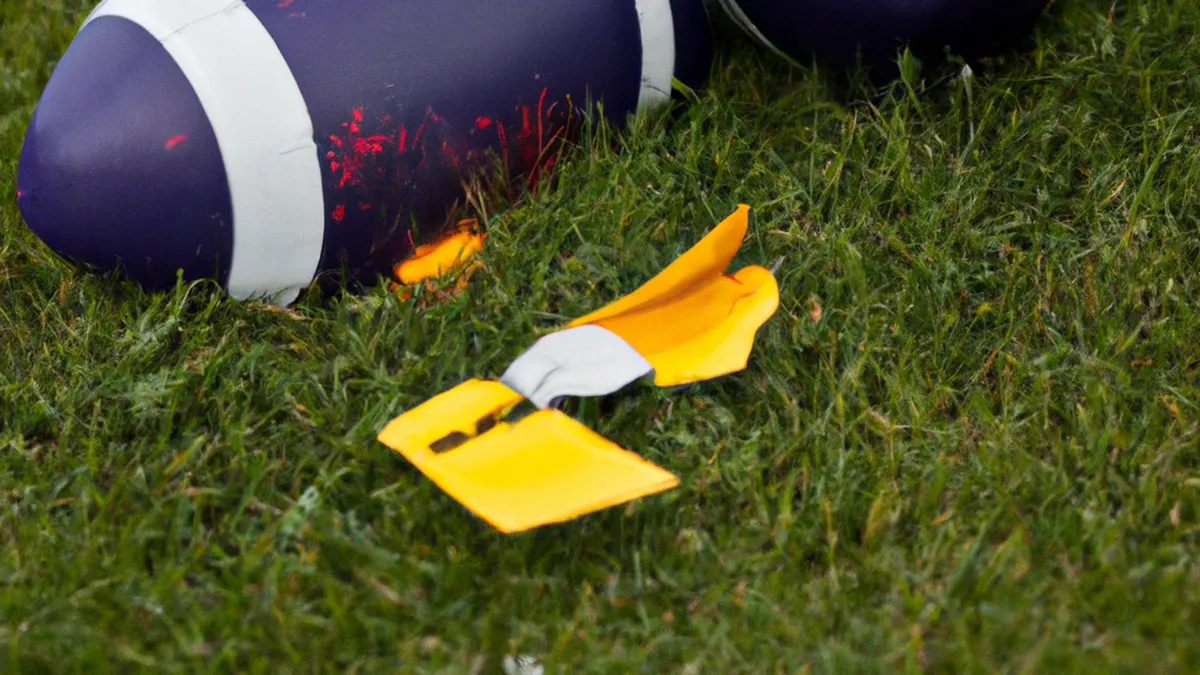High Intensity: Embracing the High Press
High Press Tactics ExplainedHigh press tactics have transformed modern football. Coaches apply these strategies to quickly reclaim possession and pressure opponents. This approach creates scoring opportunities and disrupts the opposition’s rhythm, often defining match outcomes. In this post, you’ll learn the principles, implementation tips, benefits, and notable examples of successful high pressing teams.
Understanding High Pressing
High pressing applies pressure to the opposing team in their defensive third. The goal is to win the ball quickly, forcing mistakes or rushed decisions. This tactic demands coordination, stamina, and tactical awareness from all players. Each player must close spaces, cut passing lanes, and make opponents uncomfortable.
The Key Principles
1. **Collective Movement**: All players must engage in pressing. When one player presses, teammates should cut off passing options. This movement amplifies pressure and limits the opponent’s escape routes.2. **Trigger Moments**: Identify moments to initiate pressing. Ideal triggers occur when an opponent receives the ball, takes a heavy touch, or finds themselves vulnerable. Players must stay alert and ready to act.3. **Angle of Approach**: Players should approach opponents at the right angle. Channel opponents toward the sidelines, limiting passing options and creating intercept opportunities. This technique prevents opponents from advancing the ball.4. **Compactness**: Maintain compactness for effective high pressing. Players should stay close together, allowing support when one engages an opponent. A compact formation facilitates pressure application and ball recovery.
Tips for Implementing High Pressing
As an Amazon Associate I earn from qualifying purchases.
Gear tip: consider football, compression sleeves, and compression socks to support this topic.
Implementing high press tactics requires strategy and practice. Here are some effective tips.
1. Build a Cohesive Team Structure
A cohesive structure is vital for high pressing success. Players must understand their roles and responsibilities within the system. Regular drills reinforce this understanding and clarify when to press or hold positions. Encourage effective communication on the pitch for better pressing efficiency.
2. Focus on Fitness
High pressing demands high fitness levels. Players need to sprint, recover, and repeat these actions throughout the match. Incorporate interval training, agility drills, and strength exercises into practice sessions to build endurance and explosive speed.
3. Train for Quick Transitions
Practice quick transitions from defense to attack. When winning the ball back, teams should move swiftly toward the opponent’s goal.
Conclusion
High pressing requires teamwork, fitness, and strategic implementation. Successful teams demonstrate these principles effectively during matches.
Below are related products based on this post:
FAQ
What is high pressing in football?
High pressing is a tactic where players apply pressure to the opposing team in their defensive third. The aim is to win the ball quickly by forcing mistakes or rushed decisions from opponents, creating scoring opportunities in the process.
What are the key principles of high pressing?
The key principles include collective movement, trigger moments, the angle of approach, and compactness. These principles ensure that players work together effectively to apply pressure and limit the opponent’s options.
How can teams effectively implement high pressing?
Teams can implement high pressing by building a cohesive team structure, focusing on fitness, and training for quick transitions. Regular drills and effective communication among players are essential for successful execution of this tactic.















Post Comment